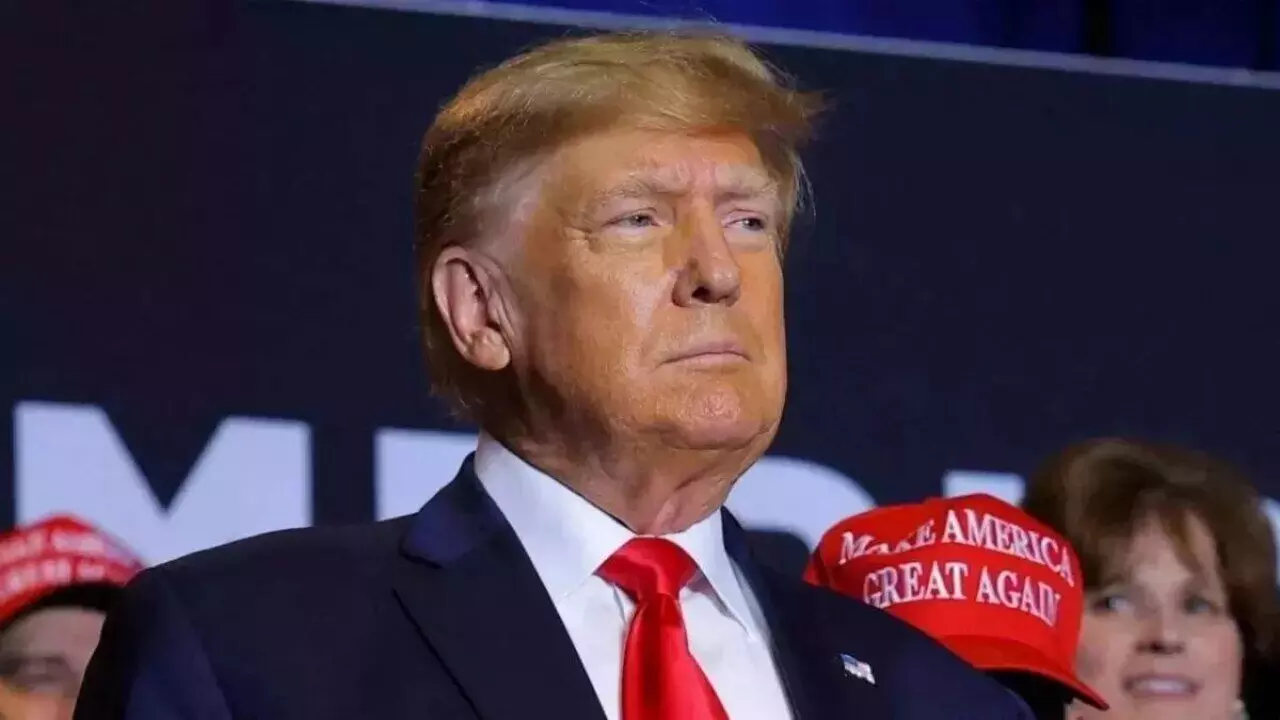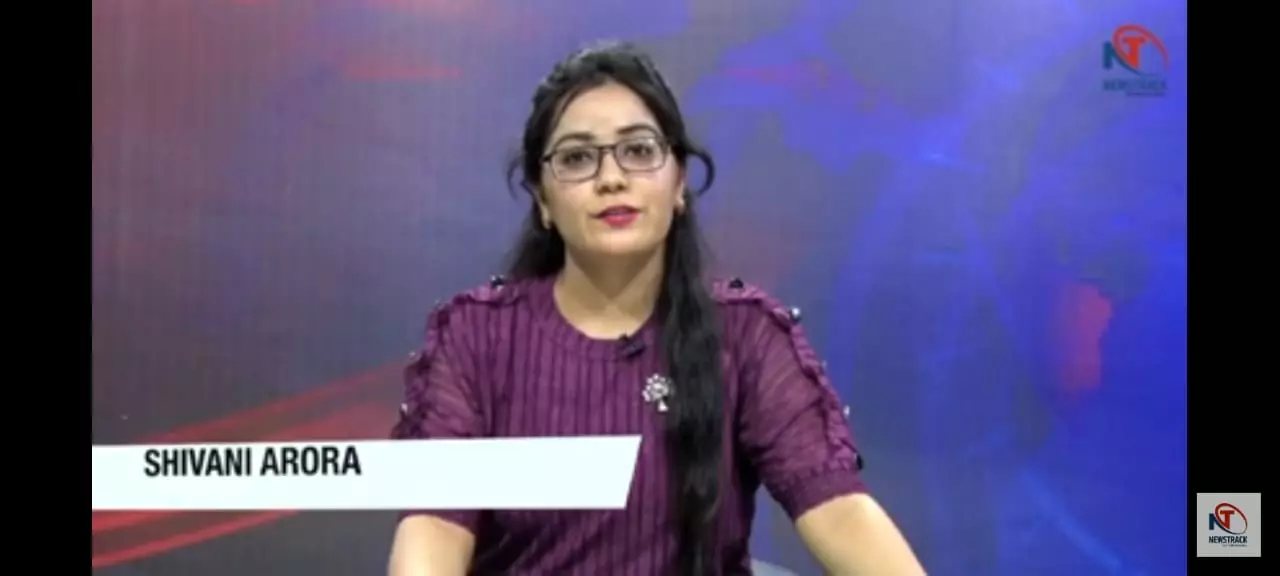TRENDING TAGS :
Newstrack Special: Trump Renews Kashmir Mediation Offer: A Look at Past U.S. Efforts and Outcomes
Donald Trump again offers to mediate in the Kashmir conflict, echoing his 2019 stance. India reaffirms bilateral policy under the Simla Agreement.
New Delhi. U.S. President Donald Trump has once again stirred the contentious debate over third-party mediation in the Kashmir conflict. Posting on Truth Social on Sunday, Trump said - “Additionally, I will work with you both to see if, after a ‘thousand years,’ a solution can be arrived at concerning Kashmir.” This marks a revival of his 2019 offer to mediate between India and Pakistan, which he later retracted. The statement follows a recent ceasefire agreement between the two nuclear-armed neighbors, which Trump claimed was facilitated by U.S. efforts, though Indian officials emphasized that the understanding was reached through direct military communication.
India has consistently rejected external mediation, citing the 1972 Simla Agreement, which mandates bilateral resolution of disputes, including Kashmir. The Congress party, responding to Trump’s latest remarks, reiterated that Kashmir is not a “biblical 1000-year-old conflict” but a 78-year-old issue rooted in Pakistan’s 1947 invasion of Jammu and Kashmir. Congress MP Manish Tewari and Rajya Sabha MP Jairam Ramesh demanded an all-party meeting and a special parliamentary session to address the implications of Trump’s comments and the ceasefire.
Historical U.S. Mediation Attempts in Kashmir
1962 China-Indian War Mediation
Following the 1962 China-Indian War, the U.S., under President John F. Kennedy, saw an opportunity to mediate due to India’s weakened position and reliance on American military aid. Diplomat Averell Harriman was dispatched to New Delhi, coordinating with the UK, to push for talks between Indian Prime Minister Jawaharlal Nehru and Pakistani President Ayub Khan. Nehru agreed to negotiations, but the talks collapsed in 1963 after India refused to cede the Kashmir Valley. This instance hardened India’s stance against external mediation, fearing it would favor Pakistan, the weaker party.
1999: Kargil War De-escalation
During the 1999 Kargil conflict, Pakistani forces infiltrated Kashmir, prompting a military response. The U.S., under President Bill Clinton, intervened diplomatically, labeling Pakistan the aggressor and pressuring Prime Minister Nawaz Sharif to withdraw forces. This intervention restored the pre-conflict status quo along the Line of Control (LoC) but did not address the broader Kashmir dispute. The U.S. role was pivotal in preventing escalation, marking a rare instance where Washington’s involvement aligned with India’s interests.
2019: Trump’s Mediation Offer
In July 2019, during a meeting with Pakistani Prime Minister Imran Khan, Trump claimed that Indian Prime Minister Narendra Modi had requested U.S. mediation on Kashmir during the G20 Summit in Osaka. India’s Ministry of External Affairs swiftly denied the claim, reaffirming its commitment to bilateral talks per the Simla Agreement. Trump’s offer, met with skepticism in India, was later walked back, with no tangible progress on mediation. The episode underscored India’s deep suspicion of third-party involvement, rooted in historical experiences where mediation failed to resolve core issues.
Outcomes and Challenges
Past U.S. mediation attempts have primarily succeeded in crisis management, such as securing ceasefires or preventing escalation, but have failed to resolve the underlying dispute over Kashmir’s status. India’s insistence on bilateralism, coupled with its perception of itself as a regional power, has consistently thwarted external involvement. Pakistan, conversely, has welcomed mediation, viewing it as a means to level the playing field given India’s military and diplomatic dominance.
The 1972 Simla Agreement remains a cornerstone of India’s position, with New Delhi arguing that it precludes third-party roles. However, Pakistan interprets the agreement differently, advocating for international involvement due to the lack of progress in bilateral talks. The U.S.’s Cold War-era alignment with Pakistan and its post-9/11 strategic partnership with India have further complicated its role as a neutral mediator.
Trump’s renewed mediation offer is likely to face the same hurdles as past efforts, given India’s unwavering opposition to external involvement. Analysts suggest that while the U.S. can play a role in de-escalating tensions, a permanent resolution requires India and Pakistan to engage directly. As the region remains volatile, the international community watches closely, with calls for restraint from nations like Malaysia and Iran underscoring the global stakes of the Kashmir conflict.


